
DHA Level Effect on Inflammation in Exercising Horses
Researchers evaluated how different doses of this omega-3 fatty acid affect exercise-induced inflammation.

Researchers evaluated how different doses of this omega-3 fatty acid affect exercise-induced inflammation.
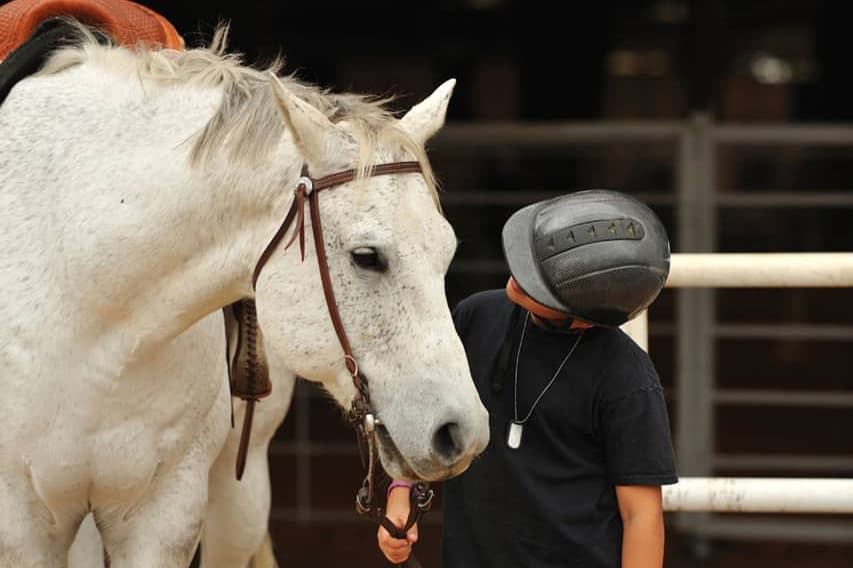
A good lesson horse is a valuable member of any riding program. Our sources share tips on keeping these trusty steeds happy and healthy.
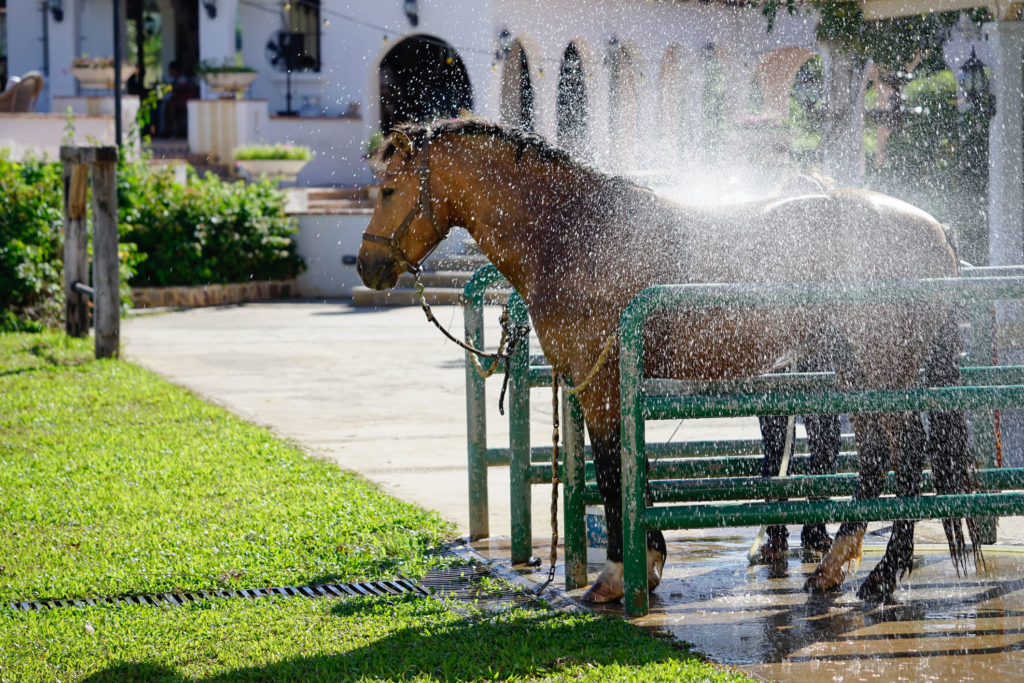
High temperatures and humidity can make caring for horses a challenging endeavor.

There’s no getting around it: Horses—especially those expected to perform at a high level—are risky purchases. But a thorough prepurchase exam can help give you confidence that you’re making the right investment for your scenario. Here’s what practitioners look for during prepurchase exams for upper-level sport horses.

Attention to certain details during exams and careful consideration of test results can help a veterinarian arrive at a diagnosis, making way for an appropriate management.

Determining why a horse isn’t performing up to expectations can be a time-consuming and tedious process. One veterinarian shares how she approaches these cases.

As much credit as we give horses for their metaphorical hearts, the actual blood-pumping organs generally get far less attention than other bodily systems. Take an in-depth look at the cardiovascular exam, common cardiac abnormalities, and treatment options.
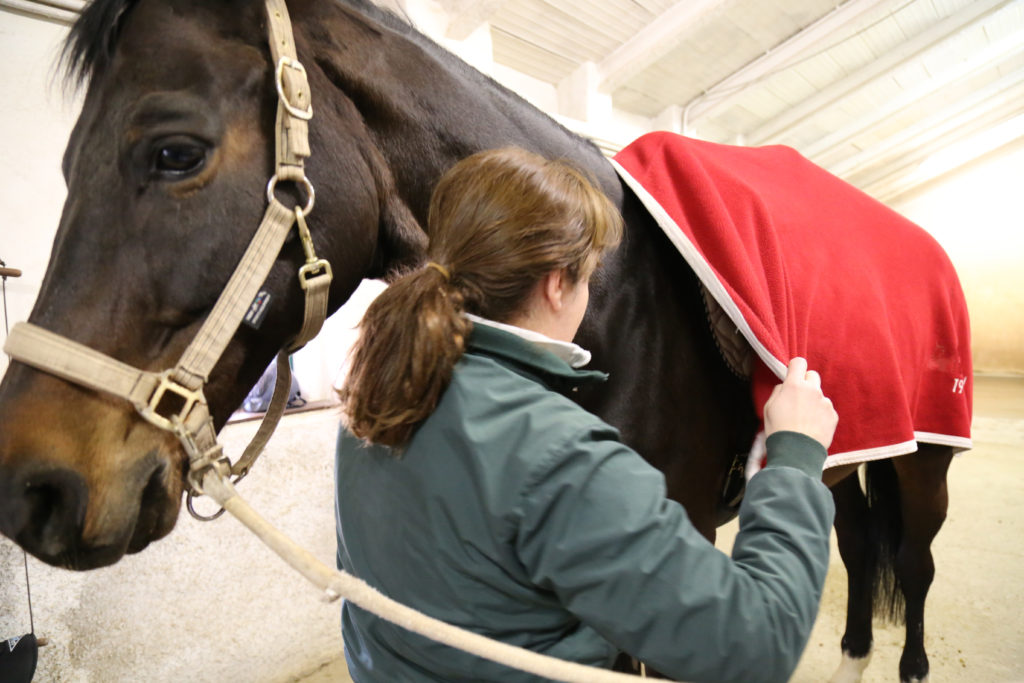
Helping your horse with his post-exercise cooling process can impact how well he recovers. But cold weather cooling requires also guarding against a chilled horse.
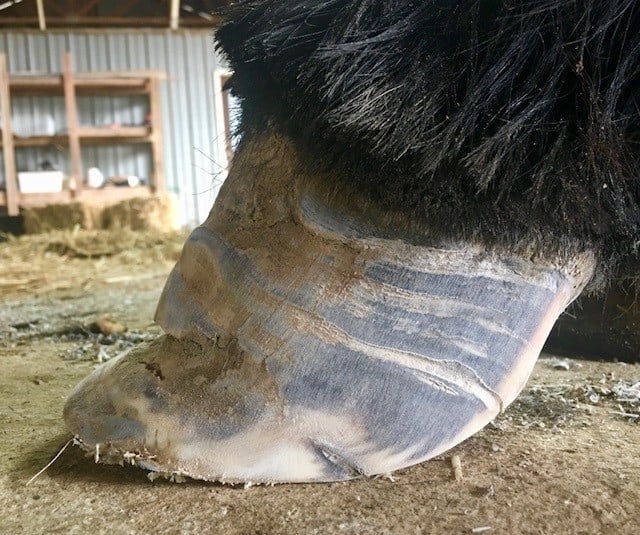
Also known as “buttress foot,” this condition primarily affects horses with poor leg conformation in high-impact disciplines. A veterinary podiatry expert explains.
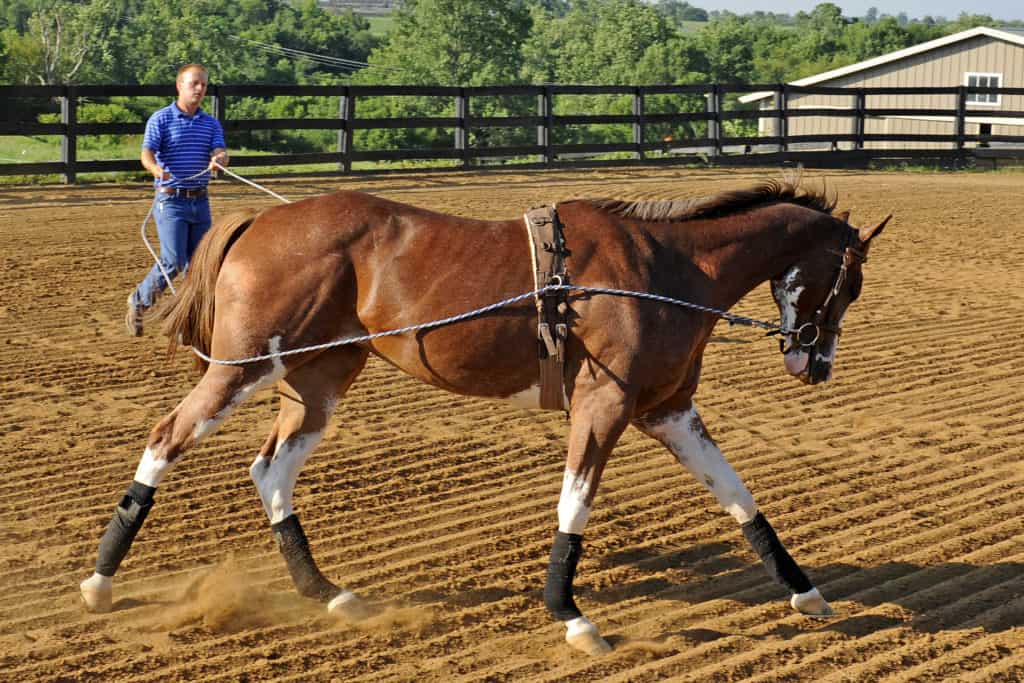
The best age for horse to start training is highly debated. An equine surgeon offers advice.

An old adage says a good horse doesn’t come in a bad color. But recent study results might rewrite that saying. Researchers have uncovered a possible link between coat color and harness racing performance.
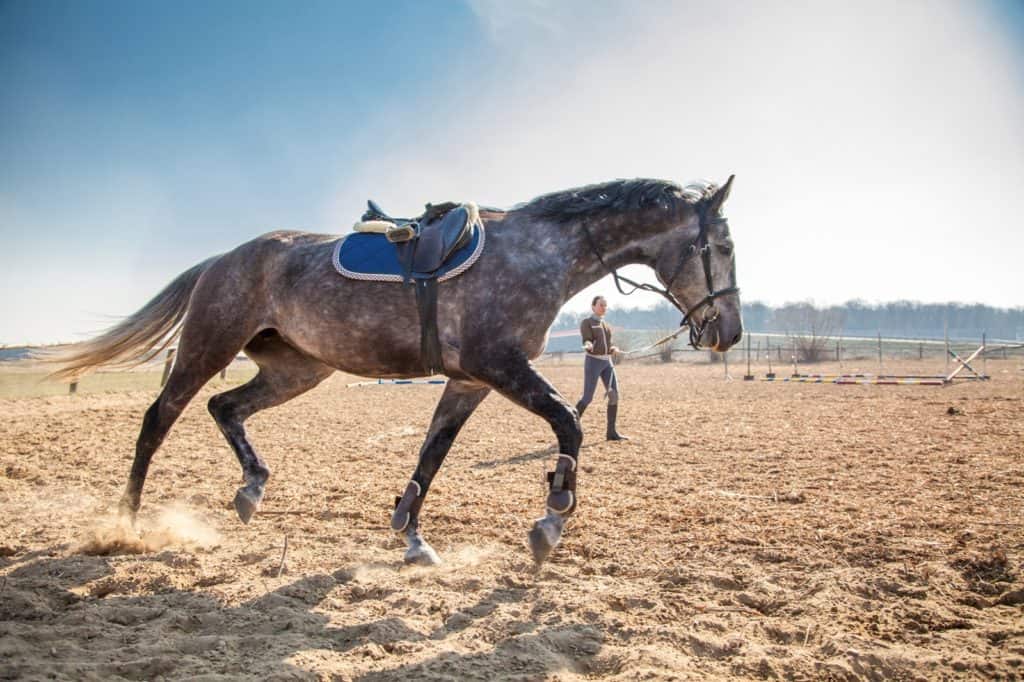
This common exercise modality can be surprisingly risky; learn how to keep your horse—and yourself—safe.

Take steps to manage your horse’s weight and behavior while he’s cooped up.
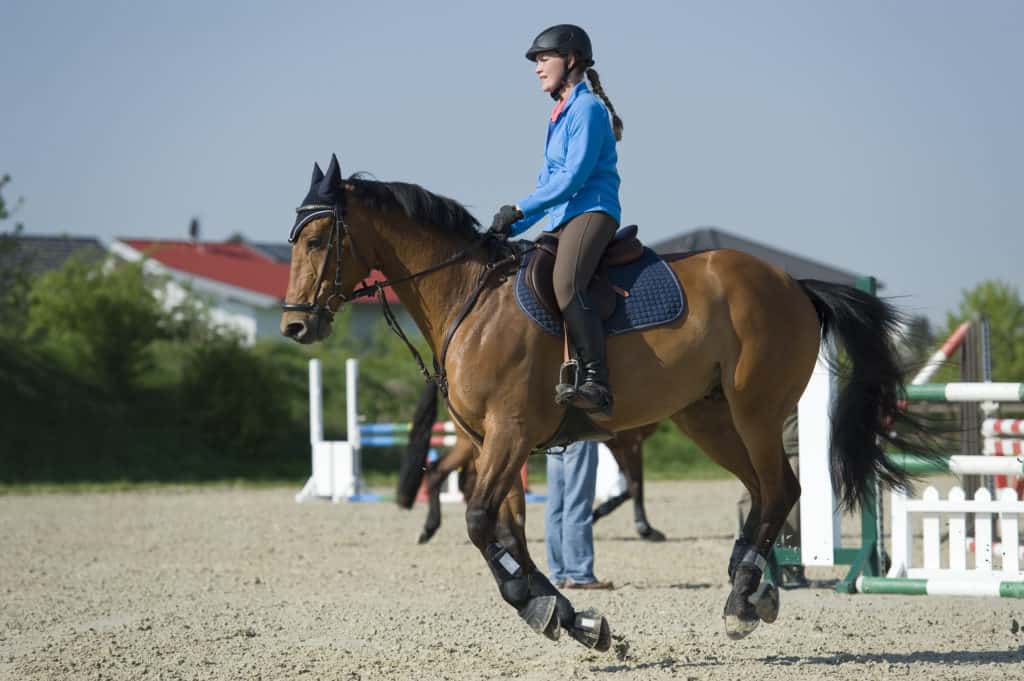
Researchers determined that the diet and exercise recommendations veterinarians make for horses with PSSM1 can help improve, but likely won’t eliminate, clinical signs of PSSM2 in Warmbloods.

What can I do to help my horse get over his fear of other horses coming toward him or passing him in the arena?
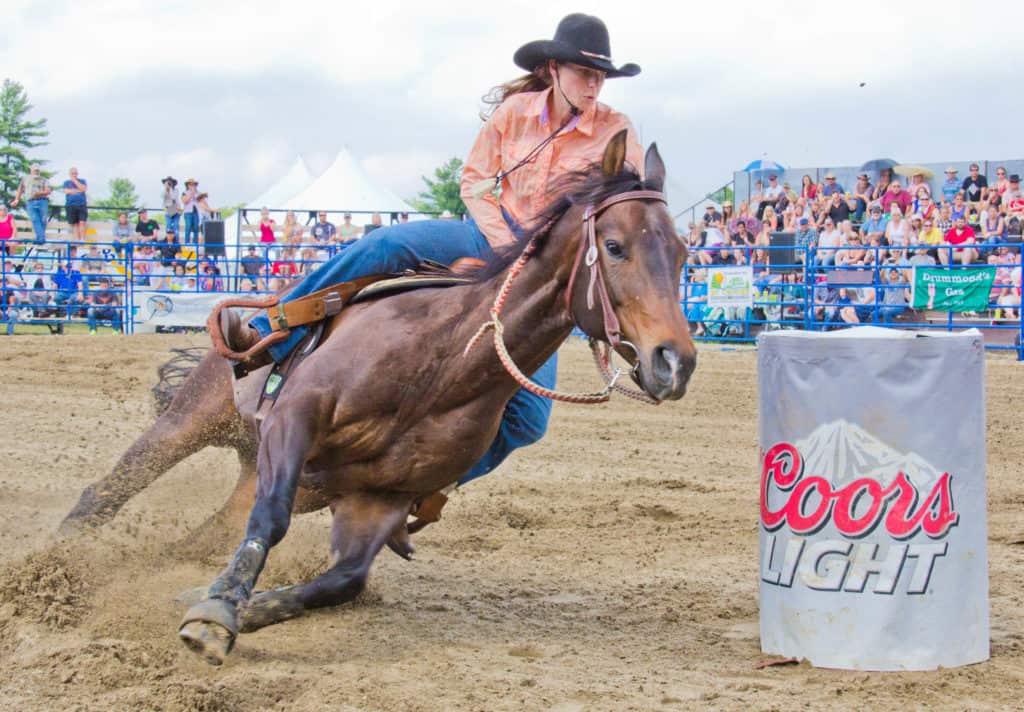
At this time there’s no evidence that EIPH affects barrel racing horses’ performance, but more research on the topic is needed, scientists say.
Stay on top of the most recent Horse Health news with
"*" indicates required fields